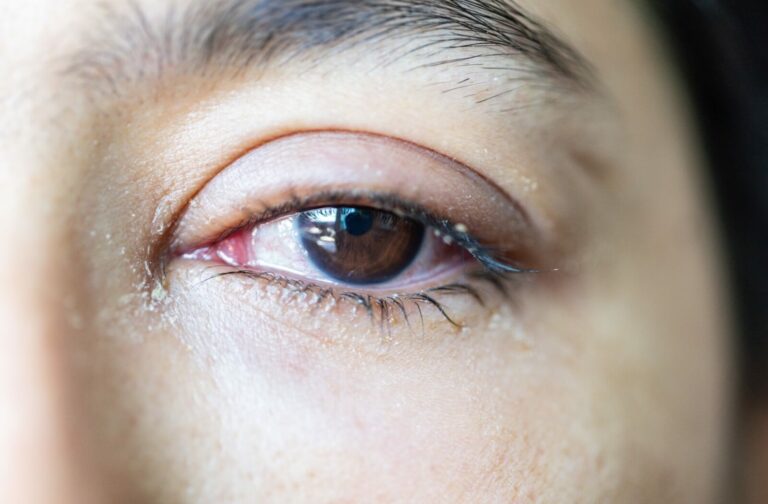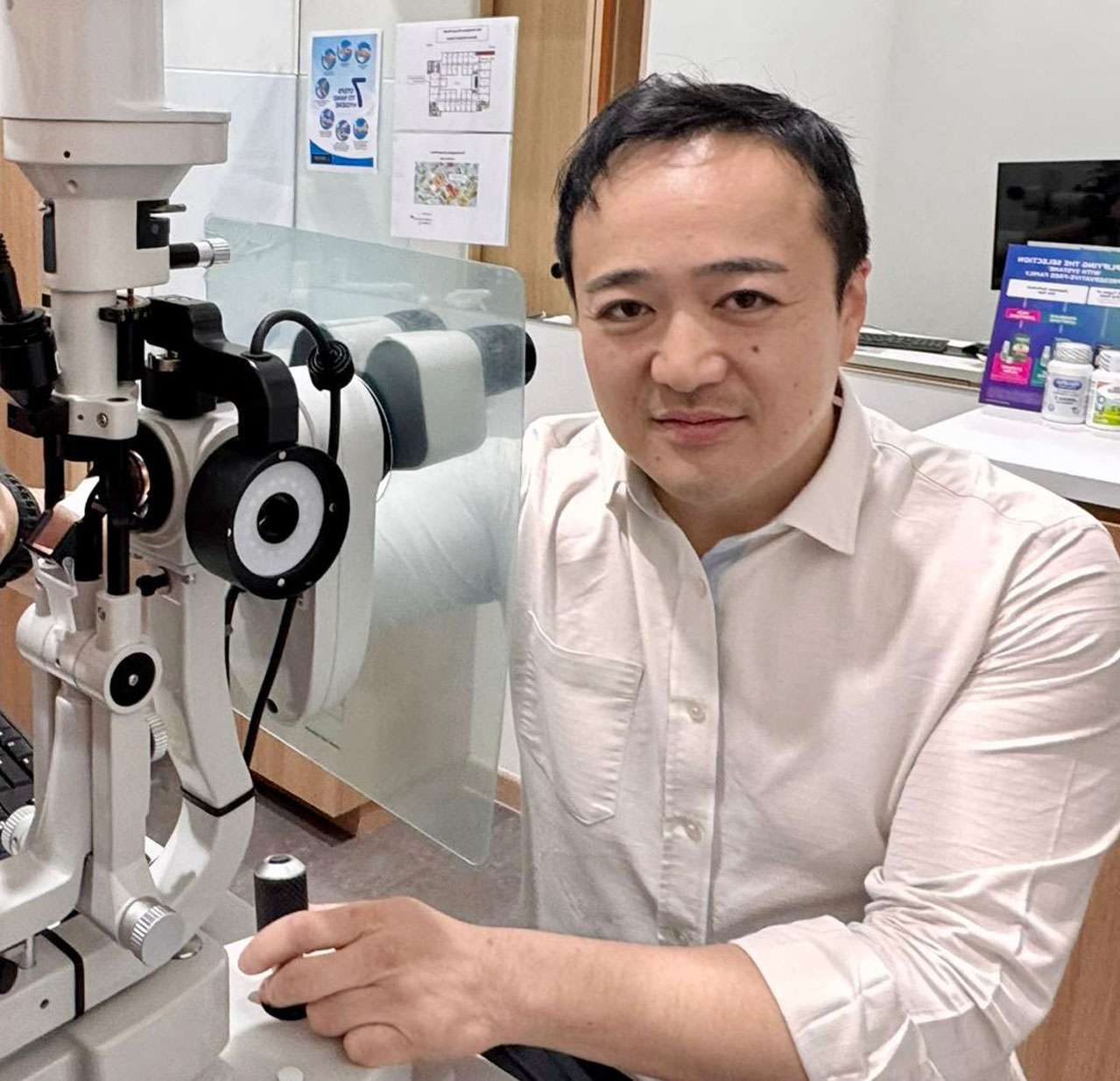When Your Eyes Feel Dry, Irritated, or Tired, It May Be More Than Just Fatigue
In Singapore’s humid weather and screen-heavy lifestyle, it’s easy to brush off symptoms like gritty eyes or blurred vision. But if your eyes constantly feel uncomfortable, dry, or tired, you may be experiencing Dry Eye Syndrome, a common yet often under-recognised condition that affects the quality of your tears and the surface of your eyes.
At London Eye & Retina, we take the time to uncover the underlying cause of your symptoms and offer evidence-based solutions that support long-term comfort and eye health.
What Is Dry Eye Syndrome?
Dry Eye Syndrome occurs when your eyes don’t produce enough tears, or when the tears evaporate too quickly. This leads to inflammation and damage to the eye’s surface. Tear film instability can result from issues with the tear-producing glands, eyelid function, or environmental factors.
There are two main types:
- Aqueous-deficient dry eye – not enough tears are produced
- Evaporative dry eye – tears evaporate too quickly, often due to meibomian gland dysfunction (MGD)
Many patients experience a combination of both.
What Causes Dry Eyes?
Dry Eye Syndrome has multiple contributing factors, including:
- Prolonged screen use (reduced blinking)
- Ageing (more common over age 50)
- Contact lens wear
- Air-conditioning or exposure to wind
- Autoimmune conditions (e.g., Sjögren’s syndrome)
- Hormonal changes
- Certain medications (antihistamines, antidepressants, etc.)
- Eyelid issues or previous eye surgery
Identifying the root cause is essential for tailoring effective treatment.
Common Symptoms
Dry eyes can feel like more than just dryness. Some of the most common symptoms include:
- Stinging or burning sensation
- Gritty or sandy feeling in the eyes
- Excessive tearing (a reflex to irritation)
- Redness or sensitivity to light
- Blurred or fluctuating vision
- Eye fatigue, especially after reading or screen use
- Discomfort when wearing contact lenses
Symptoms may vary in severity throughout the day and can significantly affect your comfort and productivity.
How Is Dry Eye Syndrome Diagnosed?
At London Eye & Retina, we use a stepwise approach to assess tear function and ocular surface health. Your consultation may include:
- Tear break-up time (TBUT) to assess tear film stability
- Ocular surface staining to detect damage from dryness
- Meibography to evaluate the oil glands in your eyelids
- Tear production tests such as the Schirmer test
A full eye examination also helps rule out other conditions that may mimic dry eye symptoms, such as allergies or blepharitis.
Treatment Options
Dry Eye Syndrome is a chronic condition, but it can be managed with a combination of self-care and medical treatment. Options include:
- Artificial tears or lubricating eye drops (preservative-free if needed)
- Warm compresses and eyelid hygiene to support oil gland function
- Anti-inflammatory eye drops if inflammation is present
- Punctal plugs to help retain tears on the eye surface
- Oral supplements such as omega-3 fatty acids
- Lifestyle changes like adjusting screen habits and using a humidifier
Treatment is personalised based on the underlying cause, severity, and your day-to-day needs.
Why It’s Worth Addressing Dry Eyes Early
Dry Eye Syndrome may seem like a nuisance, but left unmanaged, it can lead to chronic discomfort, contact lens intolerance, or even increased risk of infection due to a compromised tear film. Many patients are surprised by how much better they feel after treatment, less strain, sharper vision, and more comfort throughout the day.
Ready to Find Relief?
If your eyes often feel dry, gritty, or tired, don’t just tolerate it. There may be simple, evidence-based steps that can make a big difference.
Book a consultation with Dr. James Ng at London Eye & Retina to assess your symptoms and find a treatment approach that fits your life.
Personalised Care for Dry, Irritated Eyes


